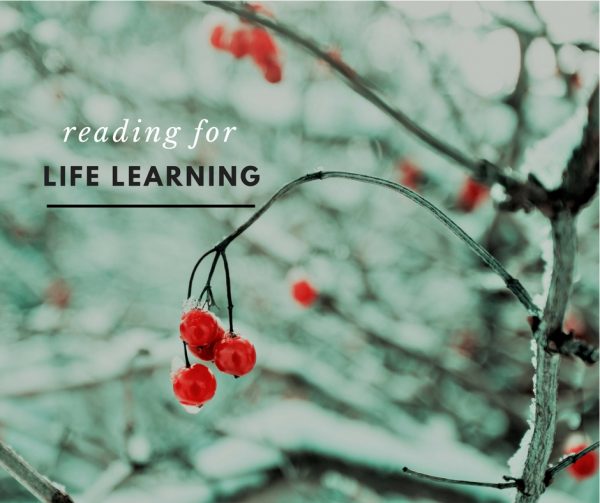
Our knowledge is the amassed thought and experience of innumerable minds.R.W. Emerson: Letters and Social Aims, 1875
The winter brings us darker and colder days and nights. I love this time of year because it gives me the opportunity to read more, reflect on my learning and plan the year ahead. Reading is a critical part of our learning process. Reading for knowledge and understanding versus ‘simple reading’ takes practice and persistence. Think of reading as ‘empowerment’, to understand and engage in life learning.
Tips for reading? You bet. My reading habits have changed tremendously since my exposure to Human Learning Ecology. The meta-framework has offered me a way to explore subjects that I hadn’t considered ‘interesting’ in the past. Economics, war and politics were not on my reading list. I shared these reading tips at the October alumni learning day. I hope you’ll find them helpful – especially if you have extra time over the winter to dig into reading some of the recommended resources.
List of Pragmatic Tips for Reading:
- Practice: Read often, read daily, it takes practice to read well and build intellectual stamina.
- Retain and integrate: It’s important to find an approach that works for you. Mark up and tab pages or write in the margins. I like to note my thoughts and links to the meta-framework or other resources. Take note about what you’ve learned. I try to summarize chapters or a book in my own words to help me retain and to reference in the future.
- Read (yes read) the footnotes and references: There are always additional resources to support further inquiry in the footnotes and references.
- While you’re reading ask yourself: What is the author reaching for? How are people making meaning from this and why? How is the author constructing their caring? How are they thinking? What are they drawing on?
- Look for synergies between resources: Collect quotes in a journal, on note cards or in a digital tool to review and search for patterns. This will help integrate learning from across resources.
- Build your own library and resource files: Engage in your own intellectual hunting. Explore an area you find interesting or your own field of endeavor. This includes books, videos, movies and articles.
- Dictionary, thesaurus and search engines: Use these tools to understand statements or words that are not familiar to you. Do this each time until you read the statement or term and understand it in the context of the writing.
Don’t be a Garbage Bear: We use the metaphor of the ‘garbage bear’ as a way of reminding us to read with purpose. Bears will eat garbage, not paying attention to the value of the food they eat. They consume for the sake of consuming. This can be harmful. Like bears, we can be indiscriminate about what it is we consume or read. What we choose to read (or watch or engage in) shapes our understanding of life, it shapes our meaning making.
I am a part of everything that I have read. Theodore Roosevelt (1858-1919)
So, it’s not just reading, but also what we read that is important. Reading and disciplined inquiry are important to adaptively reconstruct our own thoughtscapes, or how we perceive and understand the world around us (actionscape). Reading and engaging with a broad range of cultural resources enables us to question our own programming – what and how we’ve learned.
Ken Low has said: “I won’t get to all of the books that I have acquired, but the fact that they are there is encouraging”. Also, “I buy far more books than I can read, and read far more than I can systemically capture and digest – but once I have the book, I know it is there, it is a survey marker for my ignorance, and I can turn to it when I need to.”
The list of books to read, like the booklist or what you’ve accumulated can be overwhelming. Instead of feeling overwhelmed by the number and breadth of resources, realize that it is a life journey and it’s not expected in a short period of time. No one is keeping score! Remember, when you are on the edge of your own learning it feels frustrating so just keep going, keep learning (and keep reading).
Wishing everyone a thoughtful and reflective solstice and holiday season.
